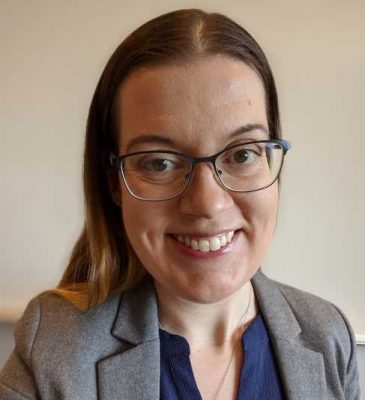CIRCA is pleased to announce two new climate research seed grants to the following UConn faculty. These awards are intended to support the development of competitive grant proposals while advancing CIRCA’s mission. Since seed grant projects will be completed in 12 months, results are expected at the end of spring 2023.
Ensemble Backcasting of Wave Heights in Long Island Sound
Dr. Nalini Ravishanker, Professor - UConn Department of Statistics
Understanding patterns in wave heights over time is an important climate resilience task. Knowing these patterns, especially those relating to the occurrence and timing of high waves can provide useful information to engineers and city planners for taking preventive steps to protect life and property. While wave height, wind speed, and wind direction data can be observed from off-shore buoys, these are only available for relatively short time spans such as 10-15 years. On the other hand, coastal stations that are proximal to a buoy may hold wind data for several decades, but lack wave height data. The purpose of this study is to build a reliable statistical model focused on available wind and wave height buoy data along with weather station wind data, and then use this model to predict (backcast) unknown wave heights in the vicinity of the buoy.
This approach is not restricted to data from Long Island Sound. In fact, the method can be widely applied to any buoy-station combination or to analyze and backcast variables other than wave heights, such as temperatures recorded at weather stations (e.g. airports) in order to backcast the latter. This pilot research will help to position a larger proposal for external funding.
Quantifying carbon dioxide and nutrient removal in the presence and absence of submerged aquatic vegetation
Dr. Cara Manning, Assistant Professor - UConn Department of Marine Sciences
Climate mitigation and adaptation strategies in Connecticut are being implemented or proposed, including the planting of submerged aquatic vegetation beds. Submerged aquatic vegetation provides a number of ecosystem services including providing habitat and shelter for fish and other species, reducing sediment erosion (through the rooted structures of the plants), and reducing wave energy reaching shorelines.
The objective of this research seed grant's pilot study is to characterize how submerged aquatic vegetation conservation and restoration affects carbon dioxide and nutrient removal. This will help quantify and compare net ecosystem productivity and sedimentary denitrification rates in the Niantic River estuary at three sites with different ecosystems. Study results will be relevant to planners who perform cost-benefit analysis for habitat conservation and restoration and will also help better predict the biogeochemical impacts of habitat conservation and restoration. This study will provide researchers preliminary data to support a larger-scale proposal to be submitted to the Connecticut Sea Grant Research Program (Long Island Sound Study) in 2023.

